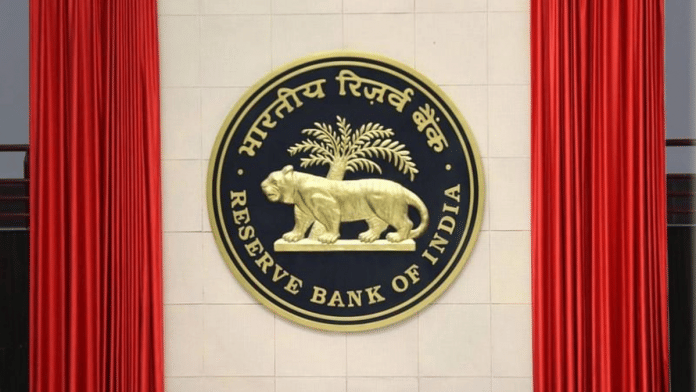Thank you dear subscribers, we are overwhelmed with your response.
Your Turn is a unique section from ThePrint featuring points of view from its subscribers. If you are a subscriber, have a point of view, please send it to us. If not, do subscribe here: https://theprint.in/subscribe/
In recent times FACELESS BANKING has taken over the banking system like a storm. Earlier, the bank account holders had to physically visit the bank branches for their regular banking activities like account opening, account closure, cash deposit, withdrawal, transfer of funds from one account to another, remittances, cheque book issue, passbook updation, nomination etc. But with the advent of the latest technology, foot falls to bank branches have reduced drastically as all these activities could now be done effectively with the help of mobile banking with Password/PIN/OTP. This has led to the concept of FACELESS BANKING where customers are recognized not by their faces but through passwords/PINs/OTPs only.
In 2011 the number of bank accounts was only 55 crore as against the population of 125 crores. This number has now exponentially grown to 300 crore as on 31.03.2023 as against the estimated population of 144 crores. This can be attributed to the stupendous success of the Jan Dhan Yojana Scheme, a flagship financial inclusion programme of the Government of India, under which alone, 53.13 crore bank accounts were opened as on 16.08.2024.
As of September 2024 the average daily volume transactions under UPI (Unified Payments Interface) have exceeded 500 million (50 crore) with a transactional value of Rs.2064 trillion (Rs.20.64 lakh crore). While technology has immensely benefited and made life very convenient for the account holders enabling them to operate their accounts from the comfort of their homes/offices through mobile banking, there is a darker side to this FACELESS BANKING.
This unprecedented growth has given rise to a sharp increase in Digital frauds. RBI data suggests that Digital Payment frauds have registered a 5 fold sharp rise to Rs.1457 crore during the year 2023-24. The reasons being the huge digital push given by the Government of India along with financial inclusion since the introduction of UPI in April 2016 and also due to the direct impact of COVID-19 in 2020. This unbridled growth coupled with lack of financial literacy among the users has given rise to a steep increase in frauds. The worst affected section being the senior citizens who are coaxed, coerced, lured or threatened to reveal their banking details online. It is reported that out of the digital frauds that have occurred over 60% victims are senior citizens. Their entire life savings wiped out in a single stroke leaving them penniless for the rest of their lives.
Due to the failure of the joint family system in our country, a majority of the senior citizens now stay alone, away from their families. Many are digitally illiterate. So if some stranger warns them of power disconnection for non-payment of bills, blocking of the bank account for
non-compliance of KYC or threat of arrest due to the seizure of narcotic drugs sent by courier in their name etc., they get panicky and fall into the trap very quickly. Their loneliness and fear of digital arrest are exploited by the tech-savvy crooks.
The unprecedented growth in bank accounts have also given rise to “mule” accounts. These accounts are used to launder money looted through cyber fraud. The “mule” accounts are often opened with fake KYC documents digitally, through PIN without visiting branches physically.
The Government has frozen 450000 “mule” bank accounts in the last 1 year to curb money laundering activities. It is reported that over Rs.17000 crore was siphoned off from around 40000 mule accounts in major banks like SBI, PNB, Canara, Kotak Mahindra and Airtel Payments Bank.
However, amidst these dark clouds of despair there is a silver lining. There are reports that some alert bankers have saved senior citizens from fraudulent transfer of funds to unknown accounts under duress. They could identify potential victims through their panicky behaviour and unusual hurry to transfer funds. The vigilant staff could prevent such frauds through keen observation and empathy.
Bank managements have to train all their staff especially who are in direct contact with the customers and also the branch heads to be vigilant and empathetic to identify such traits of the potential victims and help prevent frauds.
These pieces are being published as they have been received – they have not been edited/fact-checked by ThePrint
Also read: Why India’s digital banking push is giving RBI nightmares. Hint: The Credit Suisse collapse


